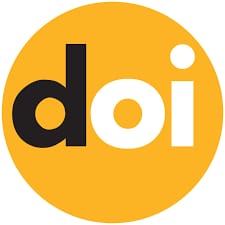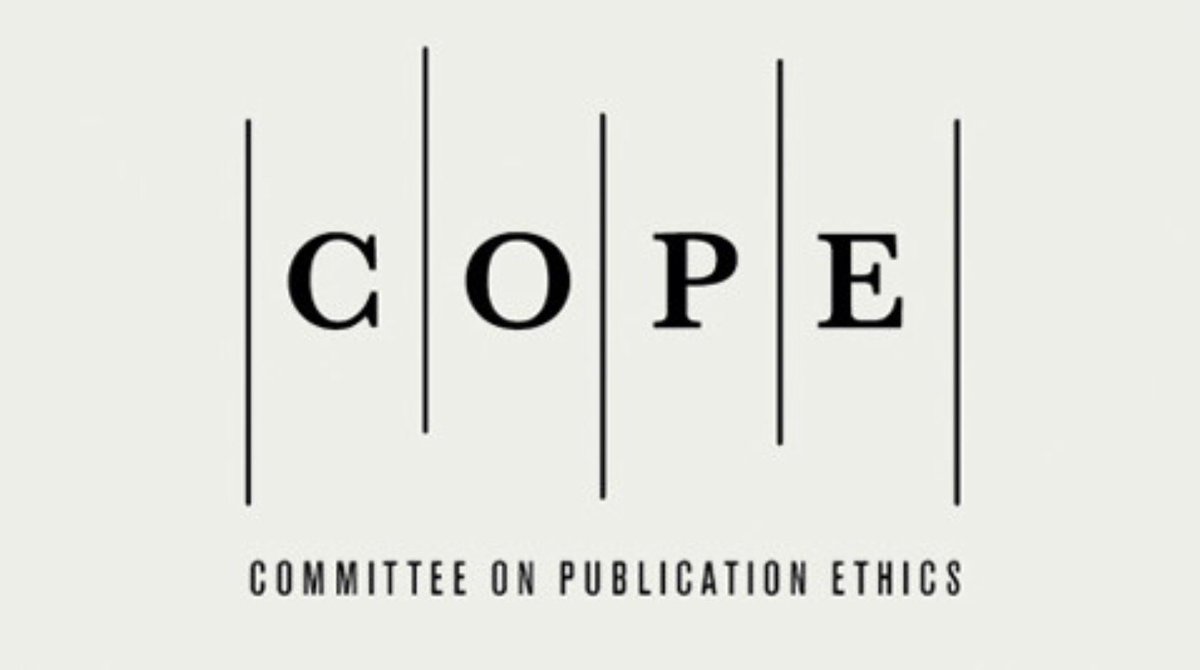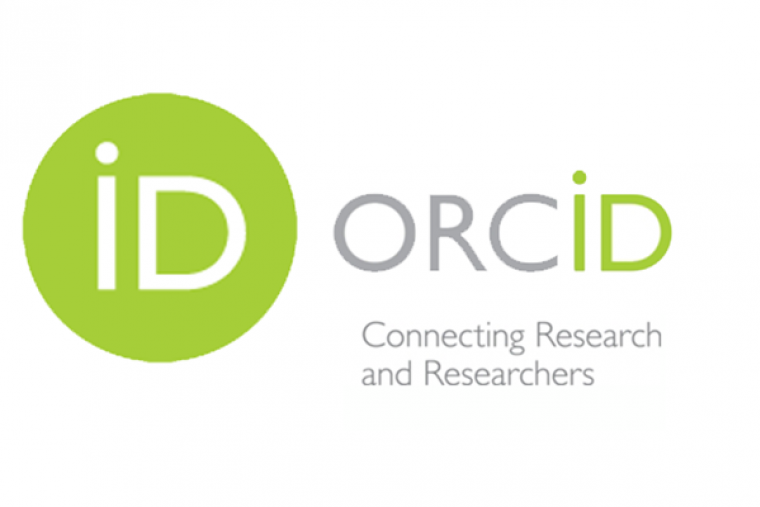[9] INTEGRATION OF ARTIFICIAL INTELLIGENCE (AI) IN PHILIPPINE PUBLIC ADMINISTRATION: LEGAL AND REGULATORY FRAMEWORKS, CHALLENGES, AND STRATEGIES
ARTICLE INFO- Date of Submission: Aug 03, 2024, Revised: Aug 10, 2024, Accepted: Aug 18, 2024, https://doi.org/10.56815/IJMRR.V3I3.2024/82-88
Abstract
Although the use of AI in public administration has the potential to completely transform public service delivery and governance, it also presents challenges, particularly in the legal and regulatory landscape. The integration of artificial intelligence (AI) in Philippine public administration is systematically reviewed in this study, with an emphasis on the legal and regulatory frameworks, associated challenges, and potential strategies for addressing these challenges. The study synthesized pertinent literature from a variety of sources, including the Journal of Public Affairs and Development and the Journal of Social Sciences, using a systematic review methodology. The results showed that the use of artificial intelligence (AI) in Philippine public administration puts conventional legal frameworks to the test, calling for the creation of AI rules as well as ethical considerations. Hence, this paper emphasized how critical it is to devise strategies to deal with these challenges to fully utilize artificial intelligence (AI) in Philippine public administration.
Keywords:
Artificial Intelligence, Philippine Public Administration, Legal and Regulatory FrameworksDownloads
License
Copyright (c) 2024 Author(s)

This work is licensed under a Creative Commons Attribution-NonCommercial 4.0 International License.






























